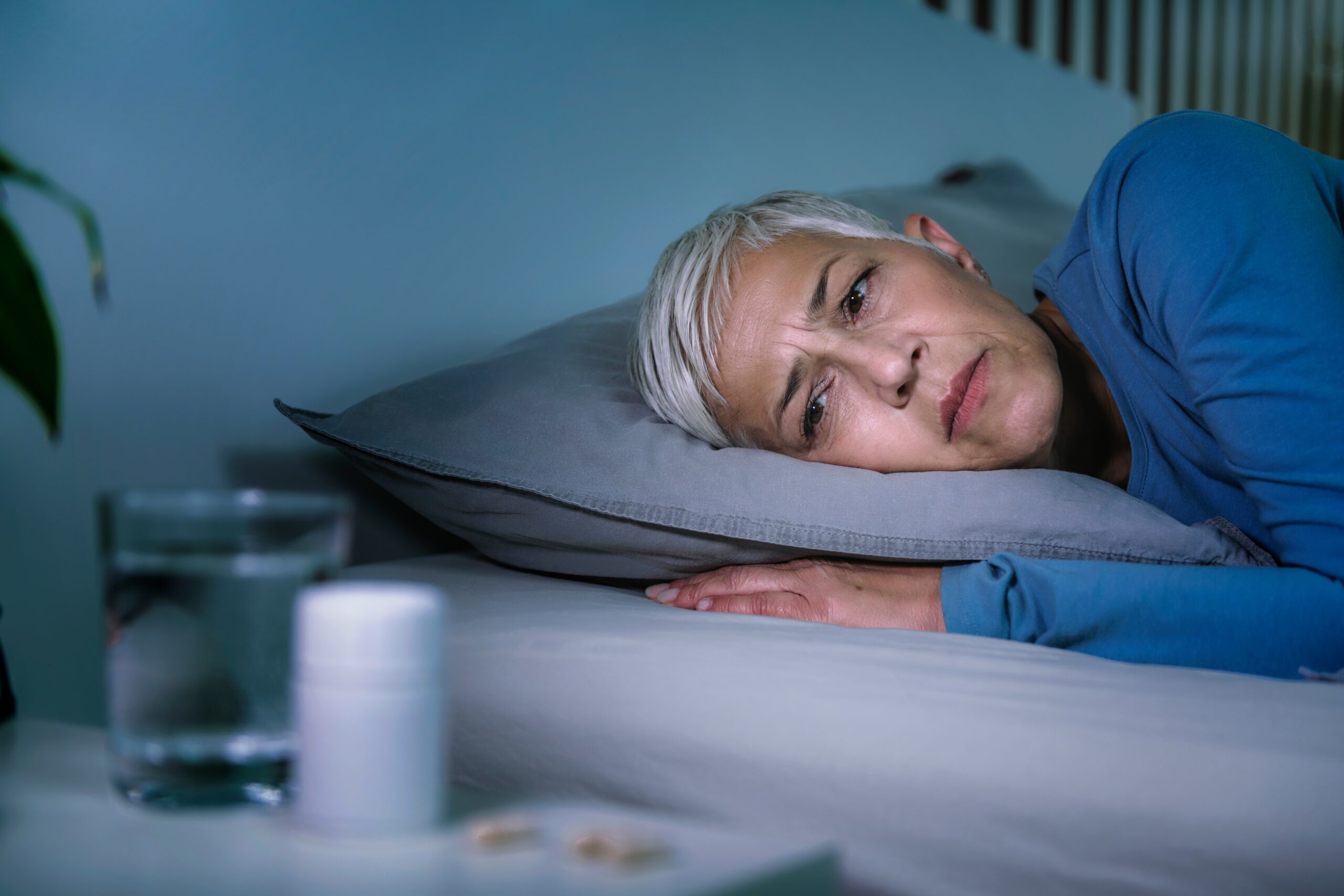Think twice—or more—before taking regularly prescribed sleeping pills. Be aware that they will sharply increase your risk of suffering from dementia.
This advice comes from researchers at the University of California-San Francisco who say this warning is particularly pertinent if you are white—largely because markedly fewer black people take sleeping pills.
Other factors are the amount and type of medication that you take.
The study showed that the use of sleeping aids such as Benzos, Ambien, and antidepressants can have an impact on brain function. That impact can lead to dementia.
Those people who suffer from sleeplessness should hesitate before they consider taking medication, says Dr. Yue Leng, first author of the study, of the University of California-San Francisco Department of Psychiatry and Behavioral Sciences.
Type of sleeping issues
The initial step, she explains, is to find out the type of sleep issues that a person is suffering from.
• If sleep apnea is a possible cause, a sleep test might be required.
• If a patient is diagnosed as suffering from insomnia, the first kind of treatment that should be considered is cognitive behavioral therapy (CBT-i).
• If it is felt that medication should be used, melatonin could be an option that is safer, Leng says. More evidence is required to understand the long-term effect that melatonin might have on a person’s health, however.
Previous studies
The finding in the new study follows previous studies that found that black people have a higher likelihood of developing Alzheimer’s, the most common form of dementia, than white people because they have different disease manifestations and risk factors.
New study
The latest study involved about 3,000 older adults whose average age was 74. None was suffering from dementia at the start of the study, none lived in nursing homes, and all were enrolled in the Health, Aging, and Body Composition Study. Some 58% of them were white and 42% were black. They were followed for nine years.
Sleeping pills increased risk significantly
Over the course of the study, 20% of the participants developed dementia. Those people in the study who used sleeping pills “almost always” or “often” had a 79% greater chance of developing dementia than those who “rarely” or “never” used sleep aids.
Of those participants who were black—of whom far fewer consumed sleeping pills—those who were frequent users of sleep aids developed dementia at about the same rate as those who rarely used the medication or abstained from using it.
Socioeconomic differences
Socioeconomic status could account for the differences, Leng says. Those black participants who had access to sleeping pills might be a small group who are high on the socioeconomic scale and therefore have greater cognitive reserves, meaning that they would be less susceptible to developing dementia.
The researchers found that those people who are white were three times as likely as those who are black to take sleeping pills often (five to 15 times a month) or almost always (16 times a month).
The study also found that Caucasians are almost twice as likely to use benzodiazepines, such as Dalmane, Halcion, and Restoril, which are often prescribed for chronic sleeplessness.
In addition, Caucasians are 10 times more likely to use trazodone, an antidepressant that is sold under the brand names of Oleptro and Desyrel, which physicians regularly prescribe as an aid for a patient to sleep.
White people also were seven times more likely to take “Z-drugs,” such as Ambien, the researchers say.
The study is published in the Journal of Alzheimer’s Disease.






